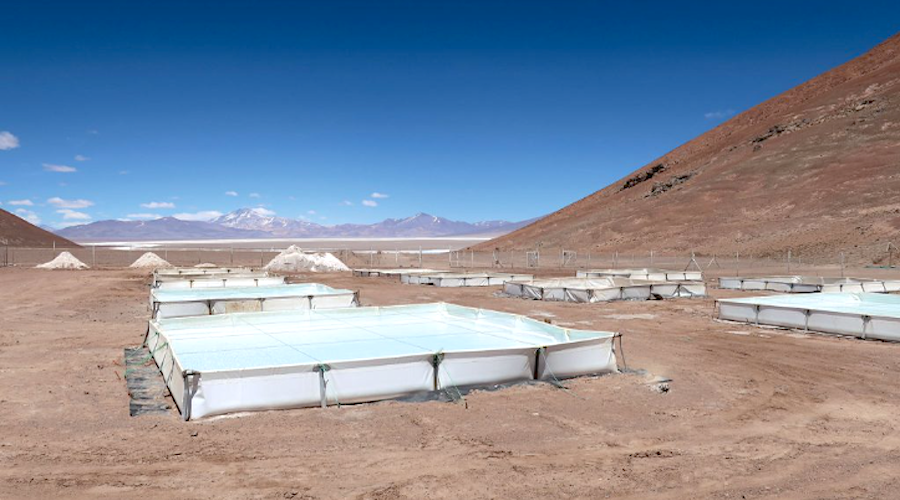Albemarle to buy Lithium Power’s Australian unit

Lithium Power International (ASX: LPI) has scrapped the demerger of its Western Australian lithium assets in favour of a $21 million (A$30m) sale of three projects to US giant Albemarle Corporation (NYSE: ALB).
The cash transaction would see Albemarle acquire full ownership of Greenbushes, Pilgangoora and Tabba Tabba projects, which Lithium Power was attempting to spin off into a separate company — Western Lithium — that would have listed on the ASX.
“Despite the significant progress we had made towards an IPO of Western Lithium in the past months, this asset realization will provide a significant uplift to the pre-money valuation of our Western Australia asset portfolio,” chief executive Cristóbal García-Huidobro said in the statement.
The Australian miner will focus on the development of its flagship Maricunga lithium brine project in Chile after the deal closes, which is expected to happen in early July.
The project sits in the remote namesake salt flat, which is only 5% the size of the Salar de Atacama, though it holds high-grade lithium deposits in some areas, which has made it attractive to prospective miners.
According to an updated definitive feasibility study for stage one of Maricunga, the project can produce 15,200 tonnes lithium carbonate equivalent per annum over a mine life of 20 years.
The first phase of the Maricunga project is fully permitted for construction, Lithium Power said. It received its environmental permit in 2020 by Chile’s environmental assessment agency. The watchdog was explicitly named in the country’s lithium strategy announced in April as the organization that will be in charge of environmental aspects of any future lithium project in Chile.
Lithium Power has been very positive about the possible implications of Chile’s lithium policy for its project.
“Rather than focus on what the legislation means for the future of the Chilean lithium industry, our focus is on what it means for our Maricunga lithium project and how it will transform the Chilean lithium industry through its development,” Lithium Power CEO Cristobal García Huidobro said in April.
“We welcome President Boric’s National Lithium Strategy has the potential to accelerate the development of the Stage Two of the project,” he said. “We embrace the objective of Chile’s current administration to promote public-private associations as the path forward for the development of the Maricunga Stage Two project.”
World’s second highest concentration
Copper giant Codelco, which explored the Maricunga salt flat for almost seven years until May 2023, said at the end of that month that the area seems to have the world’s second highest lithium concentration.
“Of 132 samples analyzed in the laboratory, which were extracted from 10 wells, we have obtained concentrations ranging between 517 and 1,787 milligrams per liter (mg/l), with an average of 1,073 mg/l and a median of 978 mg/l,” Codelco said in the statement.
The world’ stop copper producer noted its exploration work on Maricunga is now officially finished, which opens the door to interested partners to continue where Codelco left off.
Chile is the world’s no. 1 copper producer and second largest for lithium, but while its copper output is dominated by Codelco, lithium production has been in charge of private miners SQM (NYSE: SQM) and Albemarle (NYSE: ALB).
President Gabriel Boric wants to expand production both in the Atacama and in any or all of the other 18 salt flats that have been identified, but under public-private partnerships.
Chile said last week it plans to open tenders for lithium exploration to private companies in the first half of 2024.
{{ commodity.name }}
{{ post.title }}
{{ post.date }}




Comments